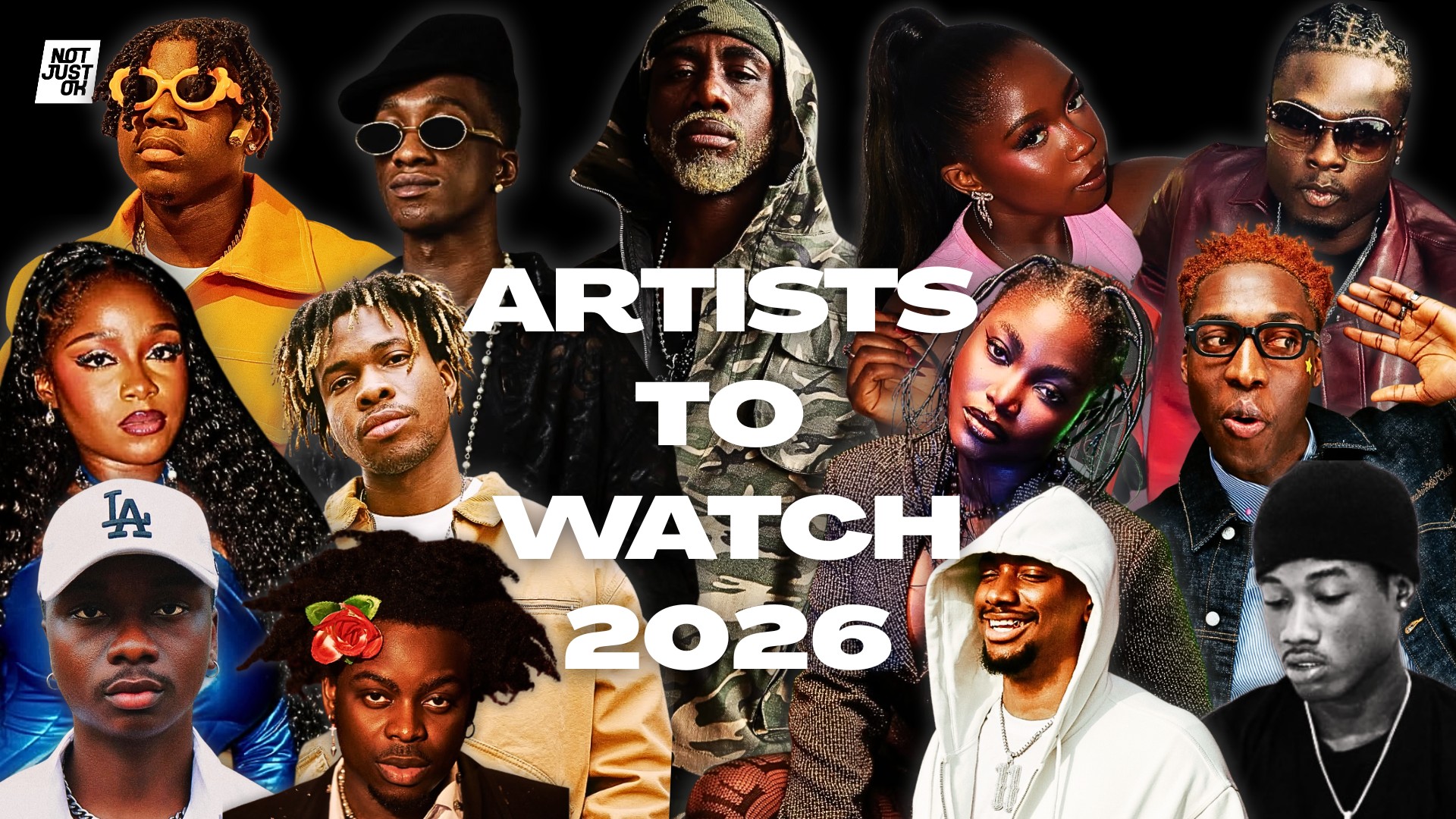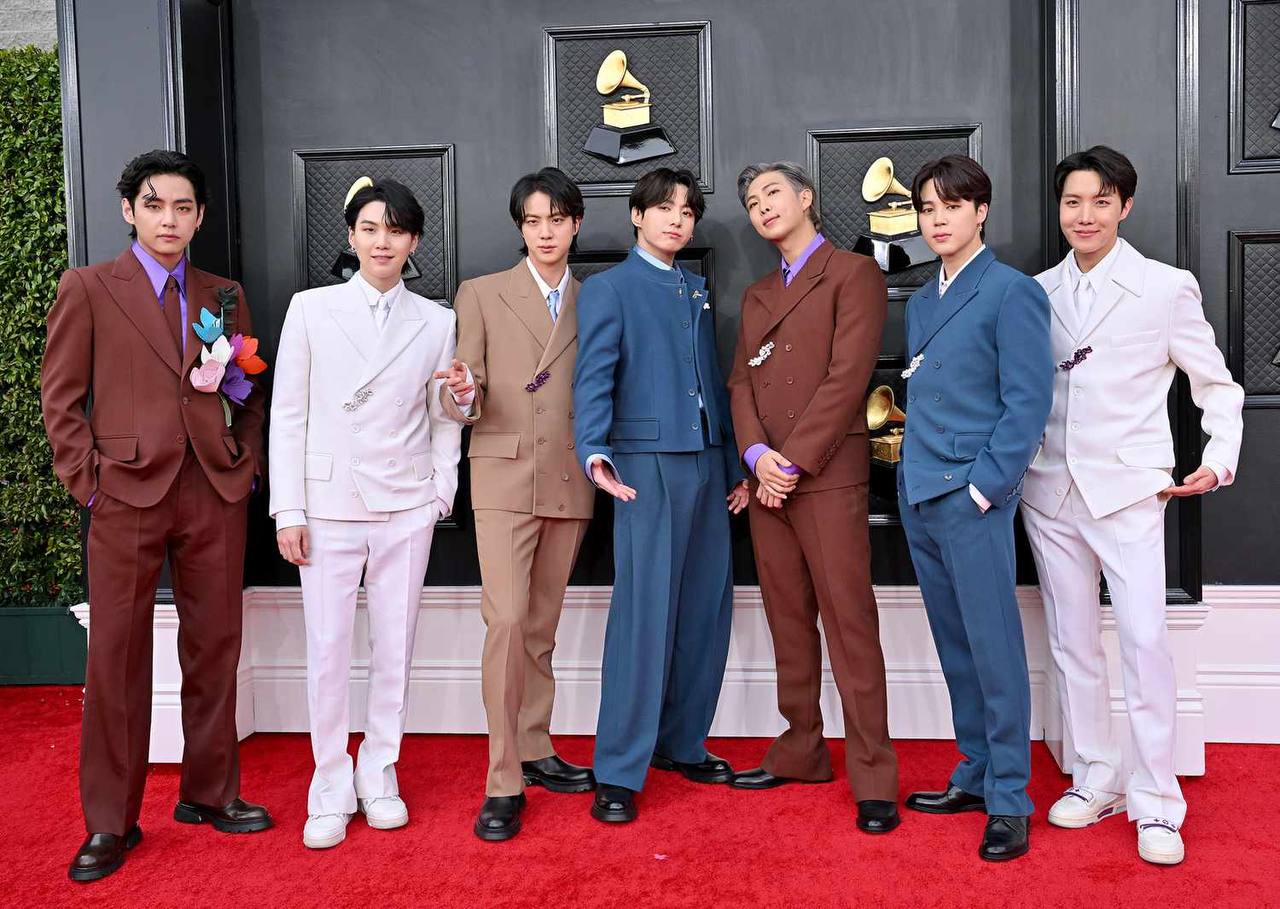Top 6 moments that shaped the Nigerian music industry in Q1 2025

The first quarter (Q1) of 2025 witnessed groundbreaking moments that shaped the Nigerian music industry.
The first quarter of 2025 was an eventful period for the Nigerian music industry, marked by groundbreaking achievements, heated debates, and significant corporate movements. From record-breaking revenue reports to legal controversies and historic Grammy wins, the industry witnessed several defining moments that highlighted its rapid evolution on both local and global scales.
These events not only reinforced Nigeria’s growing dominance in the global music scene but also sparked important conversations about financial transparency, artist compensation, and international collaborations.
Here are the top 6 moments that shaped the Nigerian music industry in Q1 2025:
1. Jude Okoye’s money laundering case (Q1 2025)
One of the most shocking moments in the Nigerian music industry during Q1 2025 was the legal battle involving Jude Okoye, former manager and elder brother of Peter and Paul Okoye of the defunct P-Square duo. The Economic and Financial Crimes Commission (EFCC) arraigned Okoye and his company, Northside Music Ltd, on February 26, 2025, over allegations of money laundering involving ₦1.38 billion, $1 million, and £34,537.59. The charges included accusations of acquiring high-value properties and converting foreign currency through Bureau de Change operations to conceal illicit funds.
After pleading “not guilty,” Okoye was initially remanded at Ikoyi Correctional Centre before securing bail on February 28, 2025, set at ₦100 million with strict travel restrictions. The controversy escalated on March 4, when fresh charges were filed, alleging that Okoye had dishonestly diverted over $1 million in royalties meant for his brother, Peter Okoye. The funds, reportedly from international music distributors such as Lex Records and Kobalt Music, were allegedly misappropriated over several years.
Despite maintaining his innocence, Okoye was granted an additional ₦50 million bail by the Ikeja Special Offences Court on March 6, allowing him temporary freedom while the trial unfolds. This high-profile case has ignited discussions about financial transparency in the music industry, particularly regarding royalty management and contract disputes.
2. Timi Dakolo vs. Pastor Femi Lazarus: The debate on gospel artists charging for church performances
A major conversation in Q1 2025 was the heated debate between renowned singer Timi Dakolo and Pastor Femi Lazarus over whether gospel artists should charge fees for performing at church events.
The controversy began when Pastor Lazarus criticized gospel musicians for prioritizing financial gain over ministry, sharing an alleged invoice from an artist requesting a $10,000 honorarium, first-class flight tickets, and luxury accommodation. He argued that such demands contradicted the essence of gospel ministry.
Timi Dakolo fired back, defending the right of gospel artists to charge for their craft. He emphasized that music production incurs significant costs and that artists have families to support. Dakolo also pointed out that Pastor Lazarus charged at least $150 per student for his ministry school, calling out the perceived hypocrisy.
The debate quickly gained traction, with opinions divided. Some sided with Dakolo’s assertion that gospel music is both ministry and business, while others supported Lazarus’s stance that financial expectations should not overshadow spiritual service. In a surprising turn, Pastor Lazarus later conceded, acknowledging Dakolo’s concerns and calling for better structures to support gospel artists. This discussion ignited broader conversations about financial transparency, artist compensation, and the intersection of faith and business.
3. NotJustOk launches Afrobeats Power Ranking to track industry influence

A significant development in Q1 2025 was the launch of NotJustOk’s Afrobeats Power Ranking, a data-driven system designed to evaluate the top 50 most influential Afrobeats artists each month.
The ranking integrates global streaming volume, recent releases, social media engagement, and radio/retail performance to assess an artist’s impact. It relies on data from major Digital Streaming Platforms (DSPs) such as Spotify, Apple Music, YouTube Music, and Audiomack.
NotJustOk introduced a proprietary point-based algorithm to ensure transparency and credibility in ranking artists. While the top 10 artists are revealed on social media, the full list is published monthly on their platform. The Afrobeats Power Ranking has quickly become a key industry metric, fueling discussions about data transparency, artist performance, and the evolving global influence of Afrobeats.
4. Warner Music Group finalizes full acquisition of Africori
Warner Music Group (WMG) has finalized the full acquisition of Africori, a leading African music company specializing in distribution, rights management, and artist development.#AfricanMusic #GlobalMusic #MusicIndustry #MusicBusiness #demur pic.twitter.com/pKAq4E65Xs
— DemurMagazine (@DemurMagazine) February 20, 2025
One of the most significant moments in Q1 2025 was Warner Music Group’s full acquisition of Africori, Africa’s leading independent music distributor, on February 12. This move marked a major expansion of global investment in African music, reinforcing the continent’s growing influence on the international stage.
Africori, which represents over 7,000 artists, will continue to operate as a standalone entity, with CEO Yoel Kenan reporting to Temi Adeniji, Managing Director of Warner Music Africa. Having initially invested in Africori in 2020 and acquiring a majority stake in 2022, Warner Music Group’s full takeover strengthens its strategic presence in African markets.
This acquisition enables Africori artists to gain access to Warner Music’s global network, fostering cross-border collaborations, international remixes, and strategic partnerships. The deal showcases Warner Music’s commitment to nurturing African talent and expanding opportunities for Nigerian artists on a global scale.
5. Spotify reports record-breaking ₦58 billion revenue for Nigerian music
According to Spotify, a total of 58 BILLION NAIRA was paid out as royalties to Nigerian artistes in 2024. 🇳🇬 pic.twitter.com/pdoXiLocMy
— 𝗔𝗟𝗕𝗨𝗠 𝗧𝗔𝗟𝗞𝗦 📀 (@AlbumTalksHQ) March 13, 2025
Another defining moment in Q1 2025 was Spotify’s announcement on March 12 that Nigerian music generated over ₦58 billion in revenue in 2024—doubling 2023’s earnings and quadrupling those of 2022. This milestone highlights the industry's rapid global expansion and financial success.
Spotify credited this achievement to increased global discovery of Nigerian music, strategic playlist inclusions, and a surge in music exports. In 2024, Nigerian artists were discovered over 1 billion times by first-time listeners, while more than 1,900 artists secured placements on Spotify editorial playlists (a 33% increase from 2023). A significant portion of the revenue was generated from international listeners, showcasing Nigerian music’s global demand.
Additionally, Nigerian artists experienced a 49% export growth over three years, with users creating approximately 250 million playlists featuring their songs. Local consumption also skyrocketed by 206% year-over-year, reinforcing Nigeria’s growing dominance in the global music scene.
6. Tems makes history as Nigeria’s most awarded Grammy artist
One of the defining moments for Nigerian music in Q1 2025 was Tems' historic win at the 67th Grammy Awards on February 2. She secured her second Grammy in the Best African Music Performance category for Love Me JeJe, making her the most awarded Nigerian artist in Grammy history.
The event, held at the Crypto.com Arena in Los Angeles, saw Tems triumph over heavyweights like Burna Boy, Asake, Wizkid, Yemi Alade, and Davido. Her heartfelt acceptance speech dedicated the award to her mother, whose birthday coincided with the ceremony. Tems’ Grammy journey began in 2023 with Wait For You alongside Future and Drake. With this latest achievement, she has further cemented her status as a global force in music.
Additionally, she earned nominations for Best Global Music Album (Born in the Wild) and Best R&B Song (Burning), highlighting her continued impact on the international stage.
Conclusion
Q1 2025 was a transformative period for Nigerian music, marked by legal battles, industry rankings, major acquisitions, record-breaking revenues, and historic Grammy wins. As Nigerian artists continue to break boundaries and achieve global recognition, the industry is poised for even greater milestones in the coming months.






